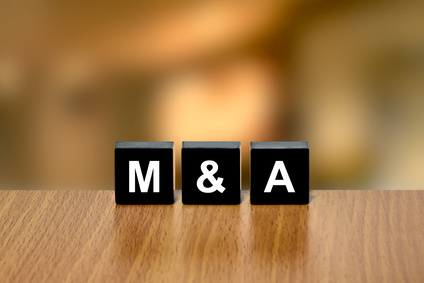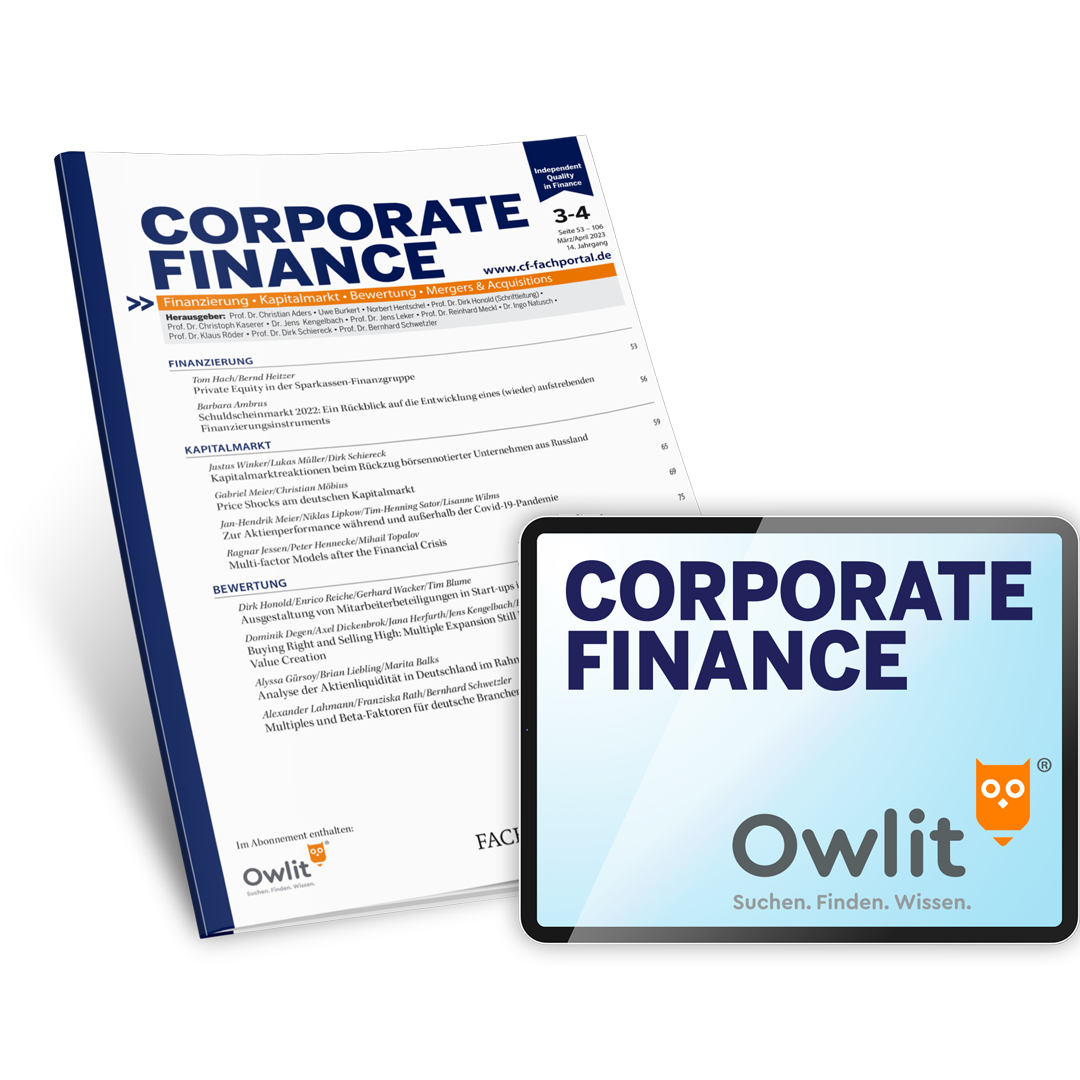After a dip during the COVID crisis, M&A deals have soared in volume and value in 2021. The positive outlook is set to continue too, according to a new report by Boston Consulting Group (BCG) in collaboration with Professor Sönke Sievers of Paderborn University.
This 18th annual analysis of the M&A landscape is based on BCG’s M&A database of more than 840,000 deals covering the period January 1980 to June 2021. It finds that deal value and the number of deals fell by 13.2% and 8.3%, respectively, in 2020 compared with the previous year. Both deal values and deal volumes recovered strongly in the first half of 2021, with deal values 136% higher and deal volumes up 32% compared to the same period in 2020. North America led the way, with deal values at a record high in the first half of this year, while the media and entertainment and energy and utilities sectors showed the strongest deal flow through mid-September.
The report forecasts a continuing favorable environment for M&A activity, driven by factors including the ongoing uptick in economic activity and an abundance of capital on the M&A demand side, including record levels of dry powder in the private equity and venture capital space. This is accompanied by a rise in the number of “special-purpose acquisition companies” that are entering the market seeking sizeable acquisition targets.
“M&A activity in the first half of this year has reached one of the highest levels we have seen over the past decade, comparable to the levels of 2007 or 2001, and the trend is continuing though the second half of this year,” said Jens Kengelbach, a BCG managing director and senior partner, the firm’s global head of M&A, and a co-author of the report. “With the right mix of trends favoring a continuation of today’s robust market, the time is now ripe for corporate sellers to capture significant value in the space.”
Divestitures create substantial value
The report looks at two measures to track value creation on the back of divestitures. Cumulative abnormal returns (CAR) around the announcement date showed that deal announcements were well received for both buyers and sellers. Sellers’ CARs reached the highest median this century, at 0.7% in 2020-2021, and buyers’ CARs, often negative in recent years, also turned positive in the first half of 2021. Relative total shareholder returns (RTSR), which measure outperformance or underperformance of a seller’s value creation compared with its benchmark index during the two years after a divestiture, have been rising from 1.5% for deals announced in 2014 to 4.0% in 2019, indicating that periodic portfolio reshufflings and divestitures of non-core assets can create substantial value for shareholders.
Getting carve-outs right is essential
A necessary step before divestitures, carve-outs can be complex and costly. The report finds that more than 50% of carve-outs larger than $300 million require longer-term support in the form of transitional service agreements with their former parent company. Costs typically range from approximately 1% to 5% of the divested business’s revenues, but can reach as much as 13% of revenues in large and complex deals, especially in the pharma space. The top three reasons why carve-outs fail are unclear strategic design, capacity constraints and loss of critical talent, and a mismatch between sellers’ design plans and buyers’ integration needs.
“Especially in today’s favorable environment, we see an increasing number of assets coming to market that had been heavily integrated with their former parent company,” said Georg Keienburg, a BCG managing director and partner and a co-author of the report. “This type of carve-out requires significant pre-work, including clear guidance on separation budgets, the future target operating model, and a value creation roadmap, to make them successful.”
A copy of the report Mastering the Art of Breaking Up can be downloaded here.
(Press release BCG from 22.10.2021)

